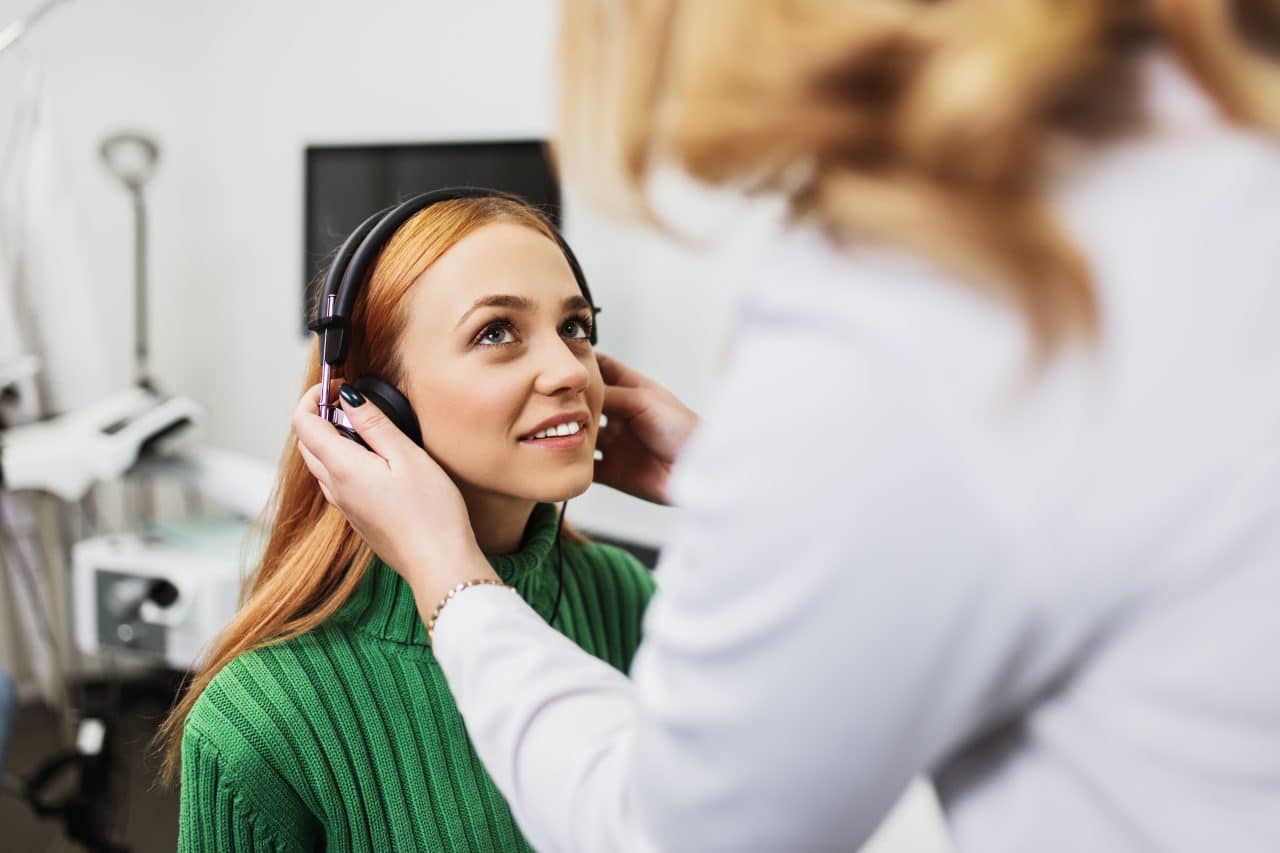If you don’t work out your muscles, they’ll become weak over time. The same is true for the parts of your brain responsible for hearing; when you have hearing loss, they don’t get the exercise they need. The result is auditory deprivation.
What Causes Auditory Deprivation?

When hearing is normal, incoming sound signals are encoded and integrated using many neural networks throughout the brain. Because of this, hearing aids do more than simply amplify sounds; they also time and balance these signals so that the brain receives them in a way that makes sense.
Untreated hearing loss causes these sound signals to be thrown out of sync, resulting in atrophy of the neural networks. This kicks off a vicious cycle.
The Cycle of Auditory Deprivation
When your hearing is poor, you have to strain harder to make sense of what’s happening and what’s being said around you. This straining is taxing on the brain, causing neural networks that have other jobs to divert resources toward auditory processing.
Because these other neural networks have a new job, they can no longer do their old jobs, making focusing more difficult and causing you to tune out of conversations, whether you want to or not. This leads to even more atrophy within the auditory processing centers.
Furthermore, when you can’t hear well because of this atrophy, it causes you to withdraw from people and activities you once enjoyed, like attending shows at Riverside Theatre, a well-known risk factor for cognitive decline.
Preventing the Effects of Auditory Deprivation
Fortunately, there is a way to prevent the effects of auditory deprivation: amplification. Treating your hearing loss with hearing aids or cochlear implants can ensure the parts of your brain that help you process sound stay active.
In addition to preventing auditory deprivation, hearing aids have been shown to:
- Prevent falls. Research from Johns Hopkins shows that mild untreated hearing loss can triple your risk of falling.
- Improve your mood. Untreated hearing loss is strongly linked to feelings of loneliness, depression and anxiety.
- Prevent dementia. Researchers at Johns Hopkins and the National Institute on Aging found that hearing aids can prevent or delay the onset of dementia.
- Strengthen relationships. Any relationship counselor will tell you communication is key, and hearing aids improve communication with loved ones.
For more information about preventing auditory deprivation or to schedule an appointment with a hearing expert, call Aaron’s Hearing Aid & Audiology Center today.
